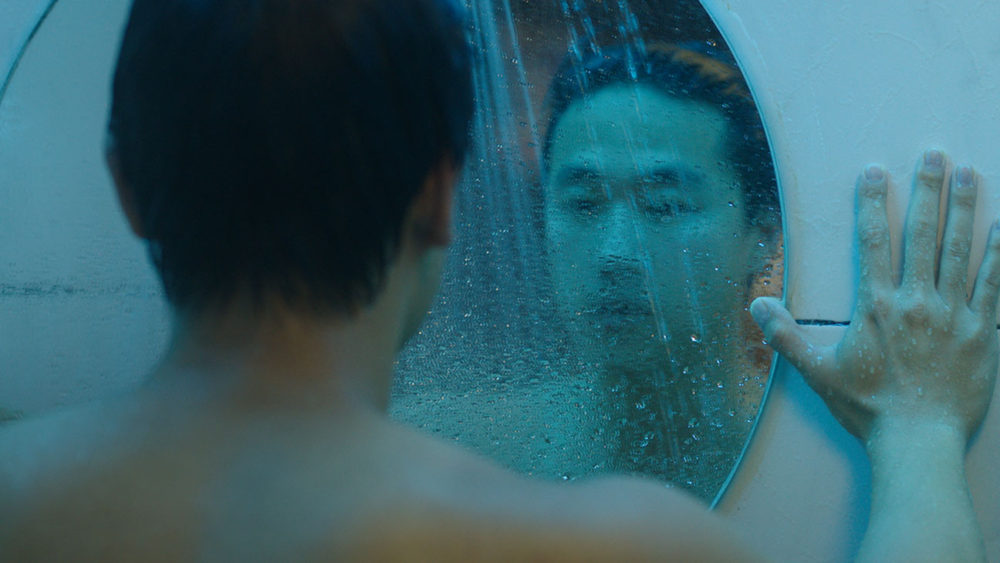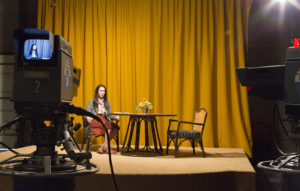
Contrary to the kind of thrills its title might imply, Spa Night proves itself to be a fascinating example of restrained filmmaking. It’s a character study partially fueled by the family drama that unfolds around its protagonist David (Joe Seo), a young Korean-American man trying to come to terms with his sexuality as he works at a Korean spa in Los Angeles to help support his struggling family.
From the get-go, Seo proves to be the kind of actor perfect for a role as low-key as this, handsome and seemingly dispassionate in a story that forces him to exhibit as few signs of pleasure as possible. He’s the vessel through which filmmaker Andrew Ahn explores a number of interesting themes—particularly the way an individual who feels out of place must navigate through spaces both familiar and not—and it helps that Seo is infinitely watchable, even when Ahn dials down the pacing.
The use of widescreen works wonderfully in emphasizing isolation within situations full of other humans, as well as those in which David is painfully alone. Pairing this with mostly static camerawork, a total lack of a score, and drawn-out scenes that edge the viewer toward ambiguous climax, is a move that will surely isolate some viewers, but it’s a bold one that works in Ahn’s favor. It exhibits a different sensibility than that of most up-and-coming American filmmakers who debut features at Sundance (often partial to handheld camerawork and a complete refusal to remain still), one that’s appreciated with a story about the limitations of life and a curious way to mirror how David grapples with his sexuality.
The way Ahn and cinematographer Ki Jin Kim shoot a scene of “gay chicken” between two men, for instance, is interesting, forgoing the typical profile shot of the men getting closer and cross-cutting between back-of-the-head shots until the moment David pulls away. One might misunderstand this as a filmmaker trying to sanitize a queer narrative for wider accessibility, but Ahn’s nonchalant presentation of male nudity and longing glances at non-explicit body parts (from smooth thighs to arm muscles) proves otherwise.
Less well-developed than David’s journey to understanding his sexuality are the portions of the family drama aspect that focus on economic issues, but the family drama itself is lacking in many of the clichés that come with gay films (notably in that he avoids making it yet another “coming out” story). There’s a dedication to presenting Korean culture through an unfiltered lens here though, coming across as natural and personal while offering another layer to David’s inability to fully come to terms with himself. On occasion, the interactions between him and his mother seem familiar, but there is a rare atypicality to the narrative due to this cultural specificity that works well.
With its focus on visuals and a quiet protagonist at its core, Spa Night isn’t a film that trades in concrete statements. As such, its ability to revel in the ambiguity of what it means to understand one’s own identity is what makes it such a satisfying film to watch and discuss.
—
Directed by Andrew Ahn; written by Andrew Ahn; starring Joe Seo, Haerry Kim, Tae Song, Angie Kim, Youn Ho Cho; 93 minutes.
Spa Night will be playing in Miami during the MiFo LGBT Film Festival on Saturday, April 23rd, at 3:15 p.m. at Regal Cinemas South Beach. Strand has not announced theatrical distribution outside of festivals yet.



 Derek
Derek
 Isabelle
Isabelle